Our reading recommendations for a start
A better world is possible - or isn’t it? This question has occupied philosophers and scientists for ages and ages. To our prospective European utopians, we recommend six standard works as a basis for discussion.
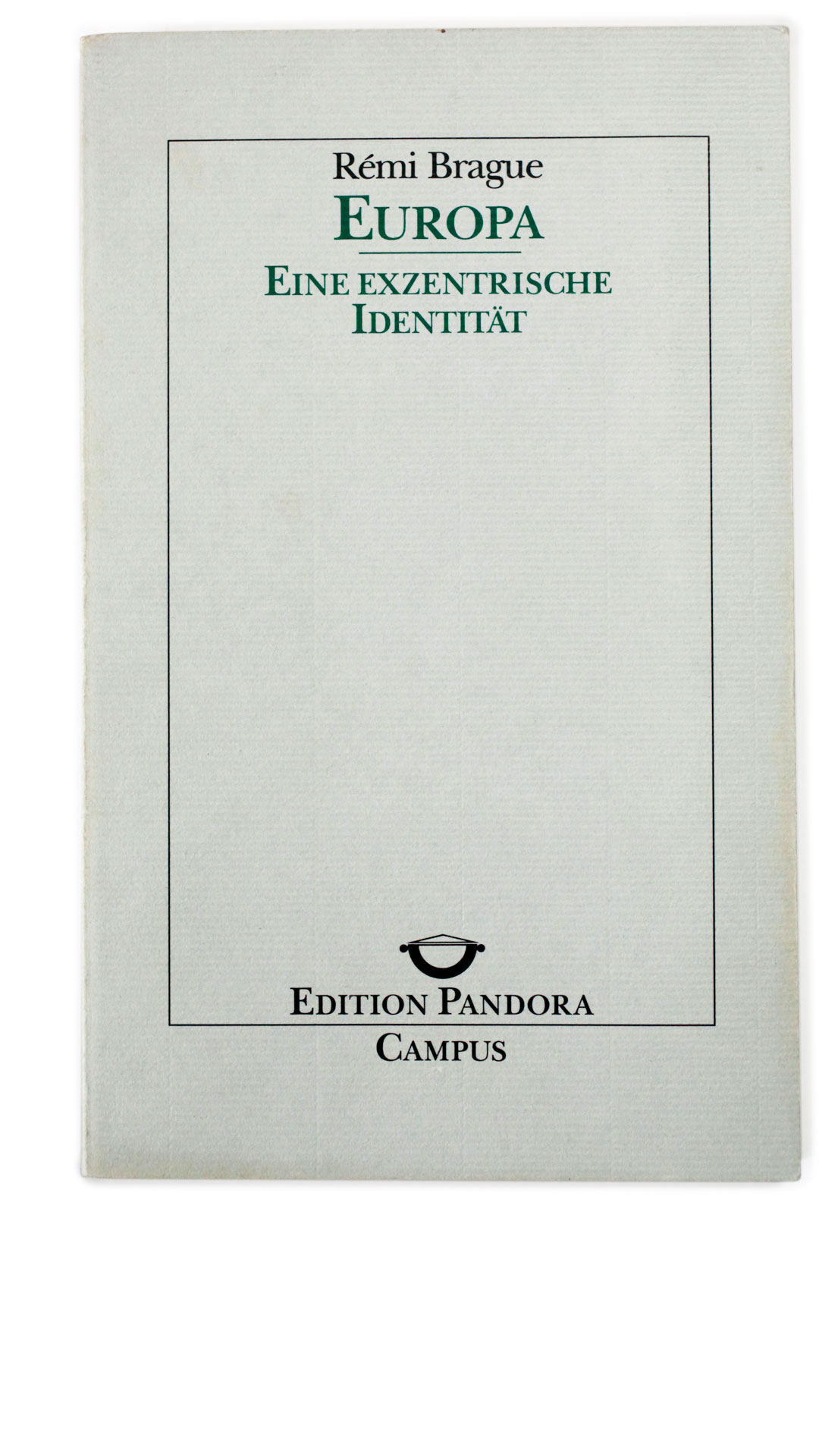
1. “Europe, la voie romaine” (original title in French) by Rémi Brague
The book by the Paris-based expert for Plato and Aristotle was published in 1992 - and it has been topical ever since. Anyone who wants to know what holds Europe together at its core will find brilliantly formulated, complex answers here - since the DNA of this continent is complex and its boundaries are fluid. In the light of Brague’s findings, isolationism and xenophobia per se seem absurd and actually un-European: “Europe’s resource lies beyond.”
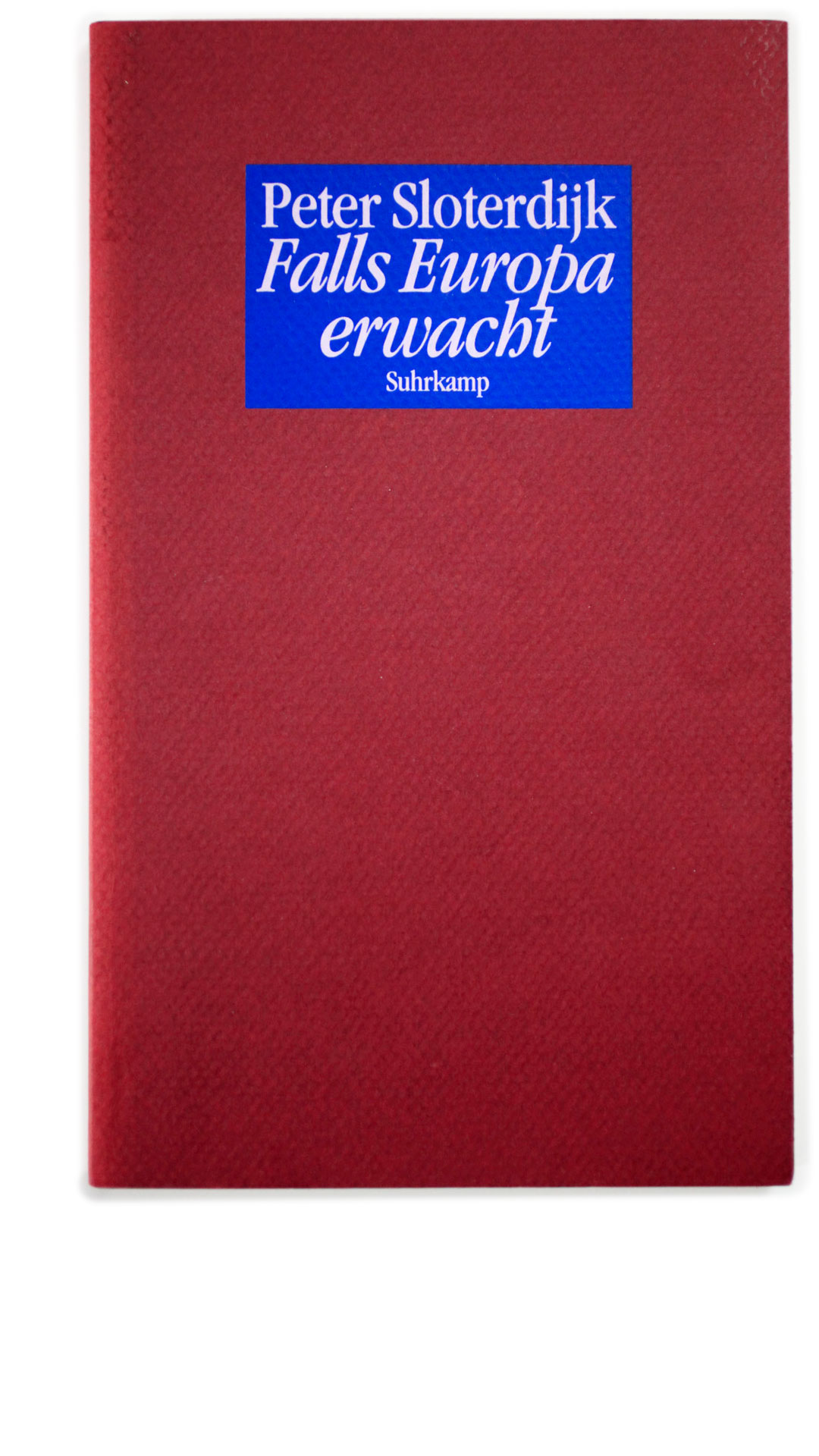
2. “Falls Europa erwacht” (original title in German) by Peter Sloterdijk
The philosopher from Karlsruhe briefly and precisely analyzes the catastrophes of European history - and looks ahead in his essay from 1994. At the time, it seemed conceivable that Europeans would have learned from their past. Today, some of his sentences seem refreshingly optimistic. For example: “The weary Europeans will - with the help of suitable coaches speaking on behalf of Europe, if not to say artists doing so - have to invent their own vision of Europa that will inspire them for what they mean.”
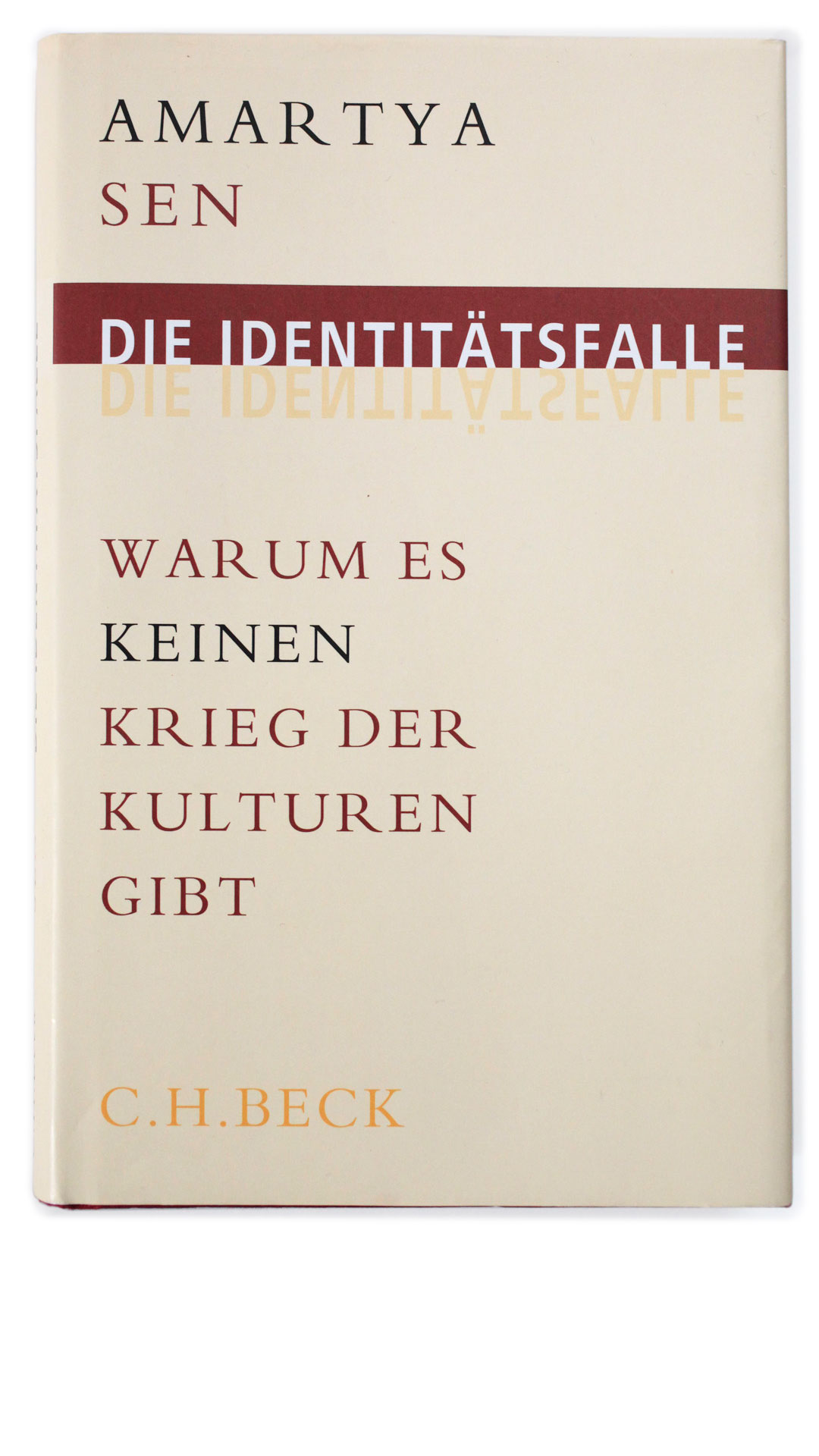
3. “Identity and Violence: The Illusion of Destiny” (original title) by Amartya Sen
First published in 2006, the work by the philosopher Sen explains why it is wrong to try to define someone as a human being because of their nationality, religion or culture. After all, “we have plural affiliations.” Sen, who was born in West Bengal, teaches at Harvard and won the Nobel Prize (for economics!). His idea that identities are complex is similar to Rémi Brague, though even more cosmopolitan. One more reason why the book is a bless: It works against European arrogance, reminds us of the crimes of colonialism and of the fact that there were and are great enlighteners, human rights champions and utopians elsewhere, too.
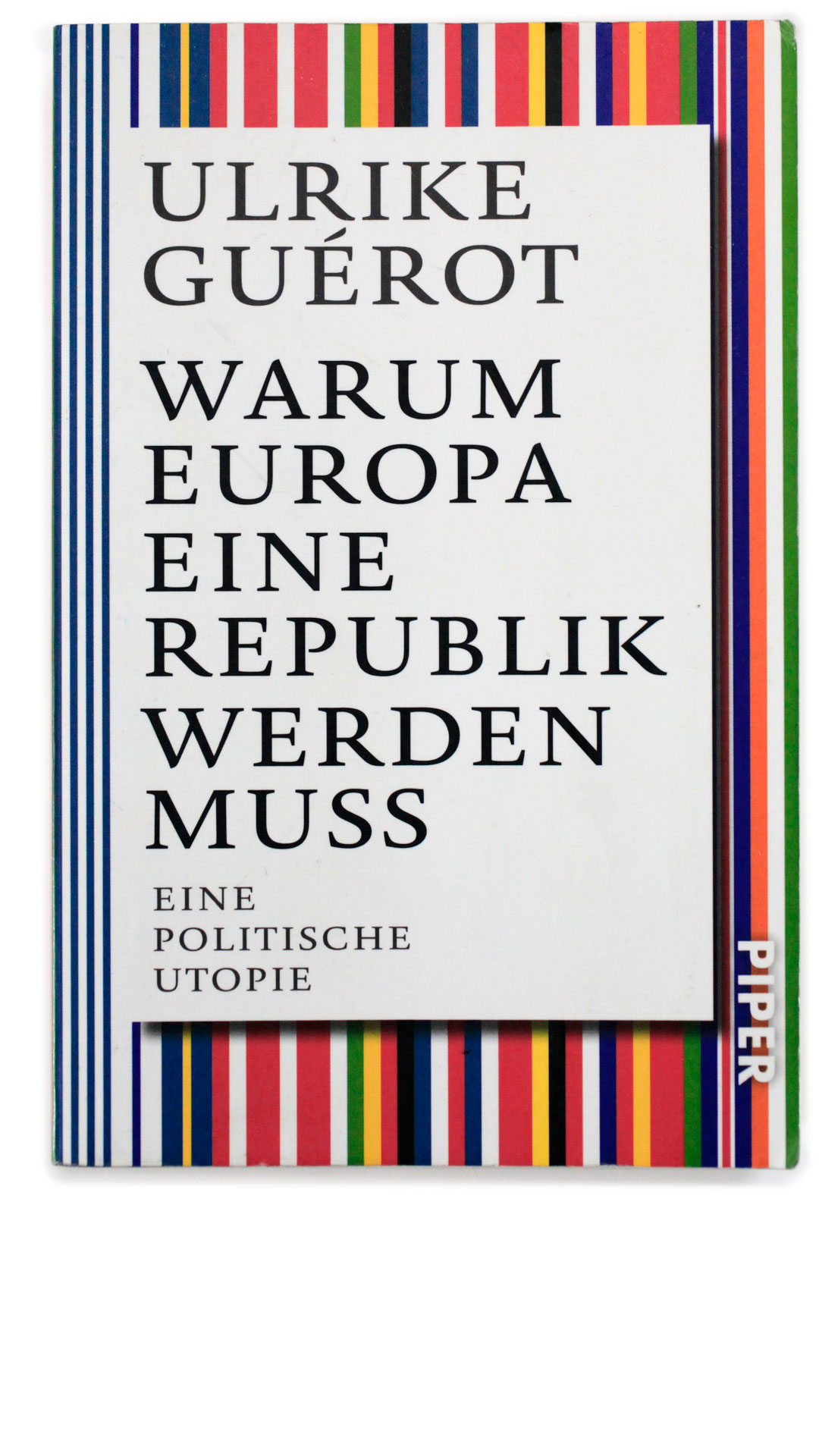
4. “Warum Europa eine Republik werden muss. Eine politische Utopie” (original title in German) by Ulrike Guérot
First published in 2016, this book is a must-read for friends of the political unification of Europe. The politics professor who teaches in Krems on the Danube outlines very concretely where she thinks the continent should have developed by 2045: towards a republic. The author does not envision a monstrous central state (this is what their critics say about her idea), but a lean, open state structure with sovereign citizens and strong autonomous regions in which diversity flourishes. “We must let the EU and the nation states both go.”
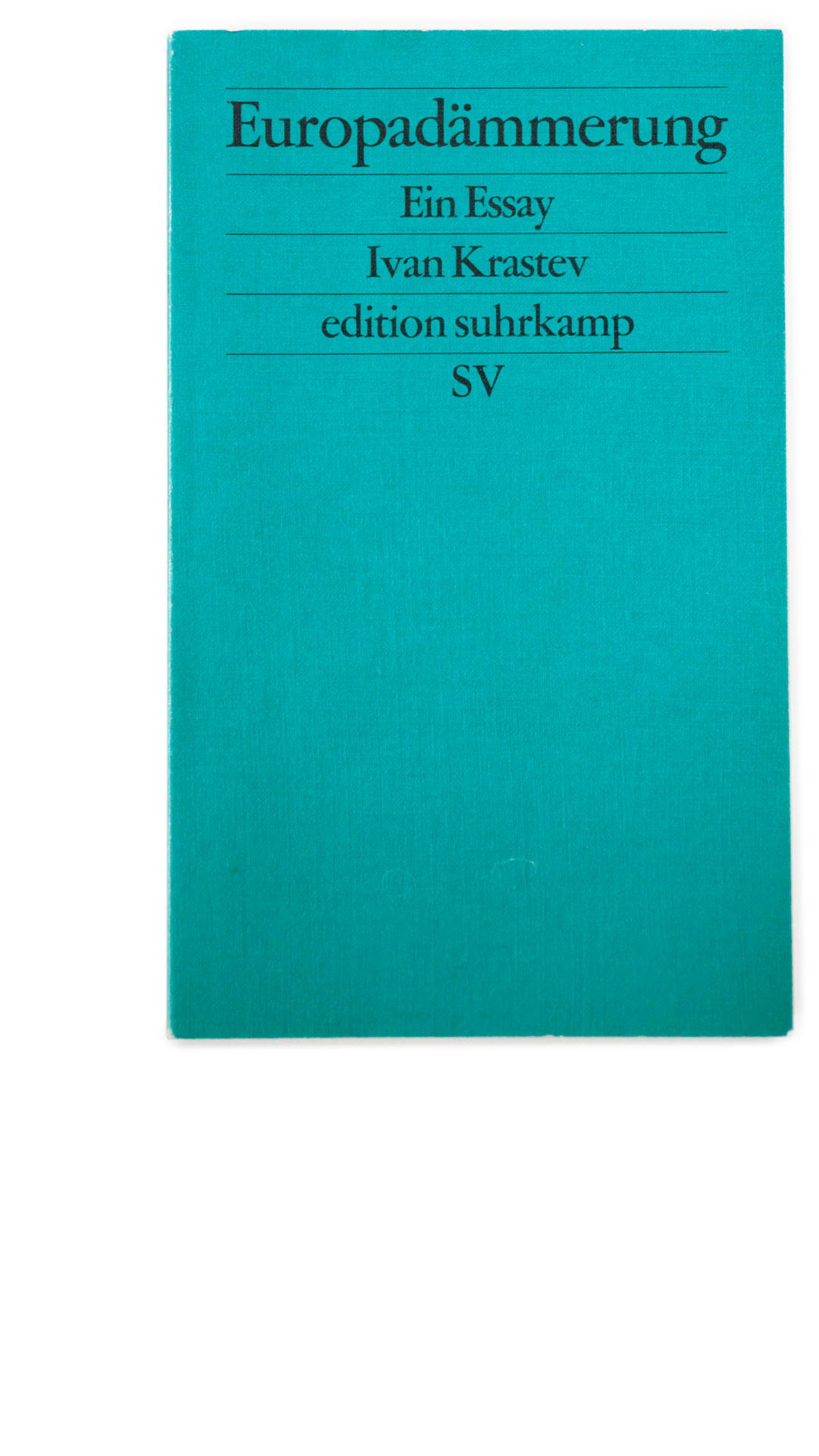
5. “After Europe” (original title) by Ivan Krastev
The essay, which was first published in 2017, is the opposite of a utopia - and valuable precisely for that reason. Without any illusions, the political scientist, who was born in Lukovit, Bulgaria, describes the sad actual state of Europe after the Brexit vote. The author analyses current forms of populism and explains the threatening drifting apart of Eastern and Western Europe, especially in dealing with refugees. The analysis culminates in the anxious question of whether the European Union is “doomed” to disintegrate “in a similar way to the Habsburg Empire. As European utopians, we would answer: No, because no one is condemned to anything, but we determine our own path.
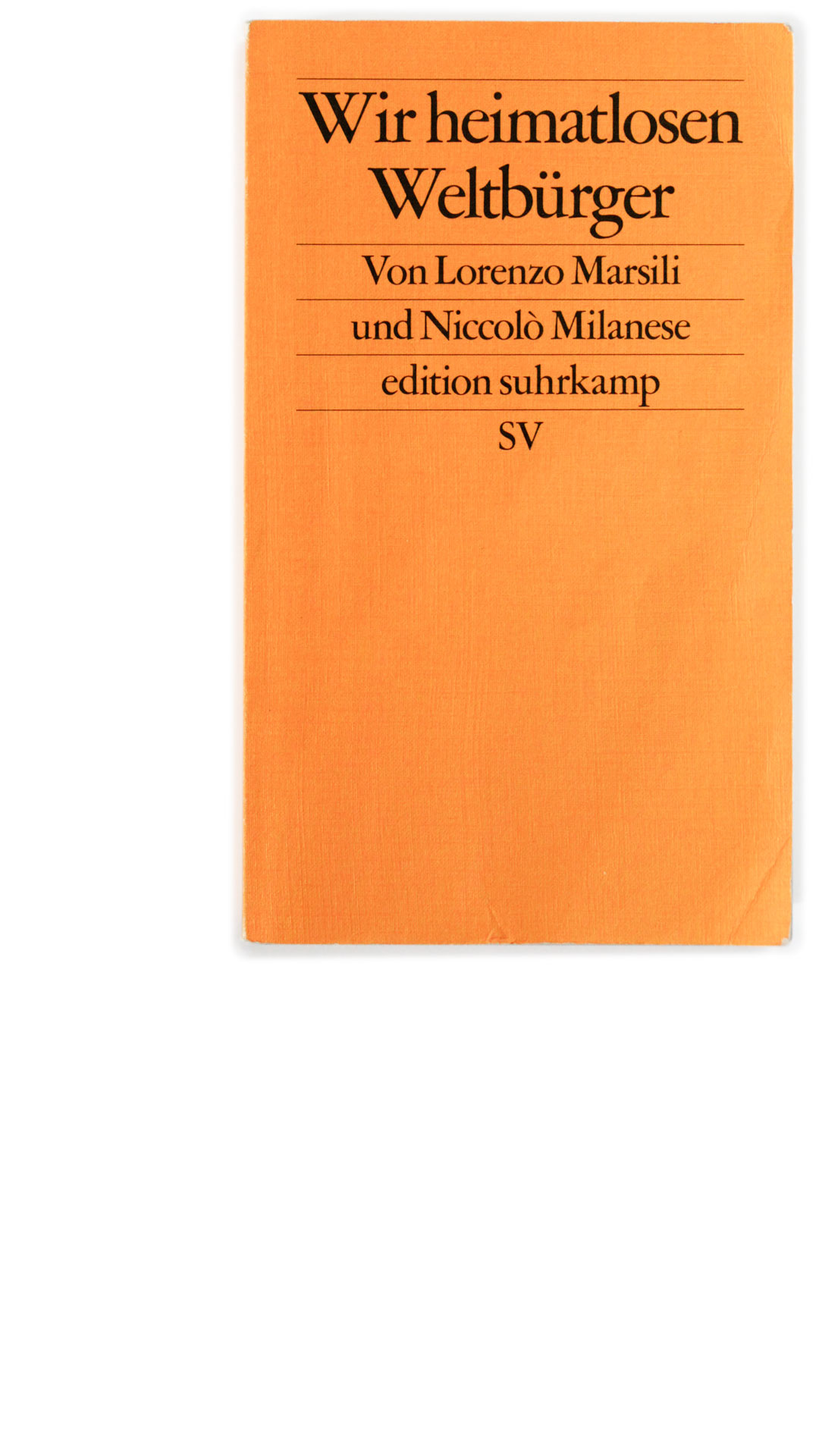
6. “Citizens of Nowhere. How Europe Can Be Saved from Itself” (original title) by Lorenzo Marsili and Niccolò Milanese
First published in 2018, this book deals with the crises of the past decade: the EU has a democratic deficit, serves corporate interests more than citizens’ interests, and thus unintentionally contributes to its loss of reputation. The authors are members of the organization “European Alternatives”. Their theoretically well-founded ideas and practical examples are very much in line with the sense of European Utopia e.V.: open-minded, striving after more public spirit and solidarity. One of the book’s core theses is that Europe’s citizens have been thinking more progressively and transnationally longer than the national political elites would like to admit.



